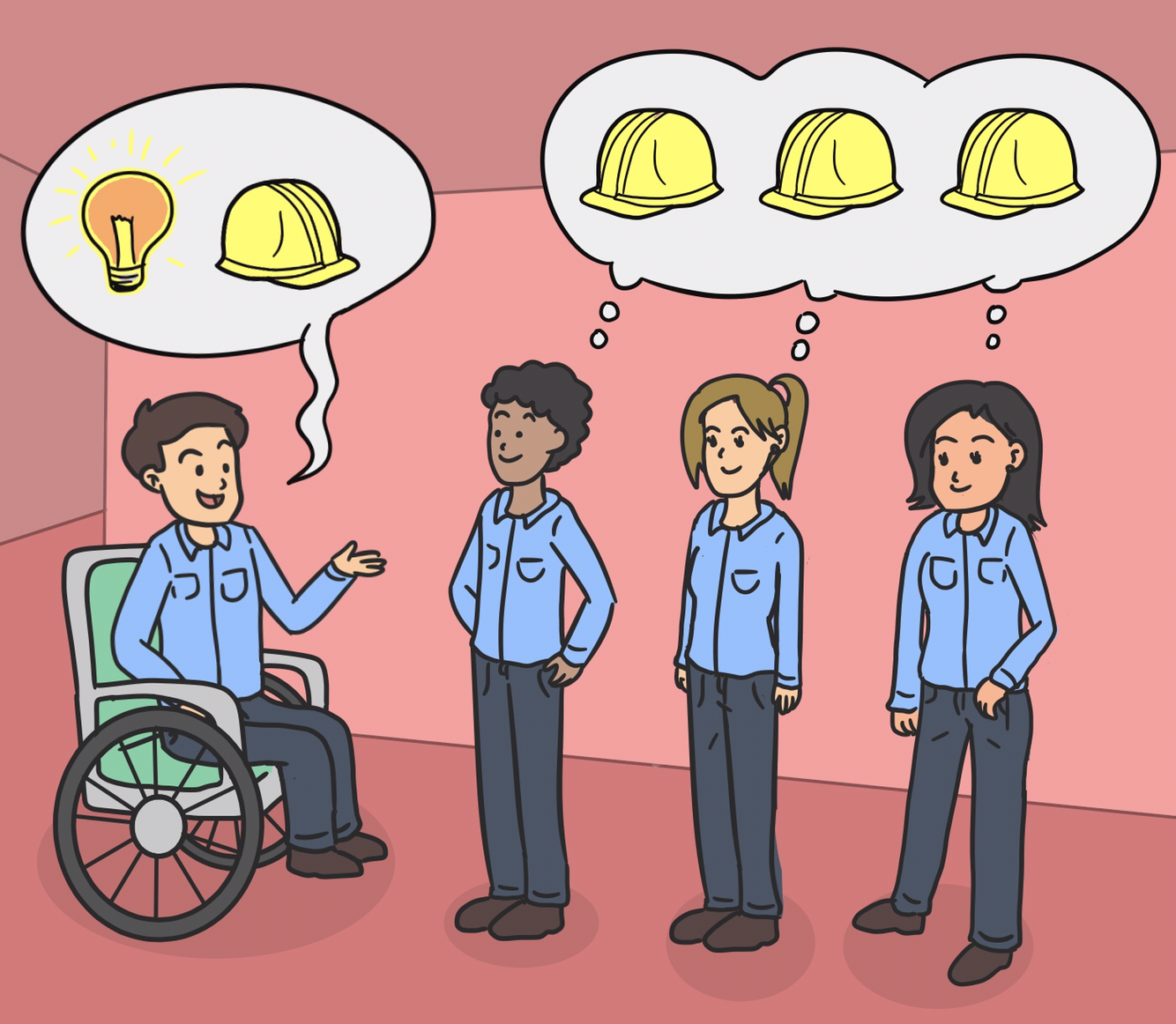

The affinity bias of a manager extends beyond cases in which the individual hires or promotes new employees. Affinity bias in workplace strategies and decisions.Future company growth may also be impacted, as a lack of highly qualified workers moving up the corporate ladder may result in decreased productivity and profitability. However, this promotion choice may have an impact on both employees’ career trajectories if it eliminates a more qualified worker who doesn’t possess any of the traits of the boss. The desire to support a person who is similar to you in realizing their potential need not be negative.
AFFINITY BIAS PROFESSIONAL
Because they frequently emphasize their professional development, company leaders are more likely to promote employees who exhibit some of their traits. Managerial and recruiter bias has an impact on the hiring process and may have an impact on who gets promoted to new positions. Affinity bias in opportunities for career advancement.On the other hand, a recruiter who connects with a candidate is more likely to build a rapport with them, which can help the applicant for the position perform better in the interview. On the one hand, having a soft spot for a specific application will increase that person’s chances of landing the job over perhaps more qualified applicants. The hiring process’ accuracy can be impacted by this bias in two different ways.

The affinity bias of the recruiter can take many different forms, such as favoring a candidate because they shared a similar upbringing or had similar physical characteristics to one of the recruiter’s children. Unconscious biases are more likely to show up during job interviews because hiring managers don’t have much time to consider every applicant for a position. Examples of how affinity bias can affect business decisions include the following: When an organization or department doesn’t hire with diversity in mind and generally treats its employees based solely on their professional merit, it can be especially harmful.
Conformity bias: The general propensity to unintentionally imitate the behavior and beliefs of others rather than developing our own.Įxamples of how bias against the future can affect the workplaceĪffinity bias can sometimes be helpful in your personal life by bringing you closer to others who share your interests, but it is discriminatory when it is shown by both employers and employees in the workplace. Age bias is the act of judging someone solely based on their age, such as by saying that younger people lack experience and older people are out of date. Authority bias: the propensity to value an authority figure’s opinion more highly than an equally valuable opinion from a non-high-ranking individual. Bias in attribution: Ascribing a person’s traits to unrelated behaviors. Gender bias is the idea that a person’s gender alone determines whether or not they are capable of a particular task. Asymmetry of power: Making unconscious judgments about people based on their appearances, such as their height, weight, and overall attractiveness. Confirmation bias is the propensity to prioritize seeking out and accepting new evidence that supports our preexisting beliefs. Other unconscious biases besides affinity bias include the following: Some become a part of us, while others become immersed in our lives as we watch those around us exhibit particular behaviors. Affinity bias’ primary result is to give those who share your opinions and values priority, but it also inevitably has the unintended consequence of marginalizing people who have different appearances or behaviors.Īffinity bias is a type of unconscious bias, a group of behaviors that subtly change how we feel about those around us. Affinity bias may be brought on by a variety of similarities between two people, including physical characteristics, interests, cultural backgrounds, prior experiences, and many other traits. The term “affinity bias” refers to our propensity to favor those who appear and behave like other people we regard highly or who are similar to ourselves. One of these is affinity bias, but fortunately, you can lessen its impact on your choices. Despite our best efforts, our subconscious mind plays a significant role in many of the standards we set for ourselves. Most of us like to think of ourselves as fair, balanced, and logical decision-makers who base our actions on facts and logic. LEARN WHAT AFFINITY BIAS IS, HOW IT CAN AFFECT THE WORKPLACE, AND THINK ABOUT SOME SUGGESTIONS FOR RESISTING IT WHEN MAKING PROFESSIONAL DECISIONS.






 0 kommentar(er)
0 kommentar(er)
